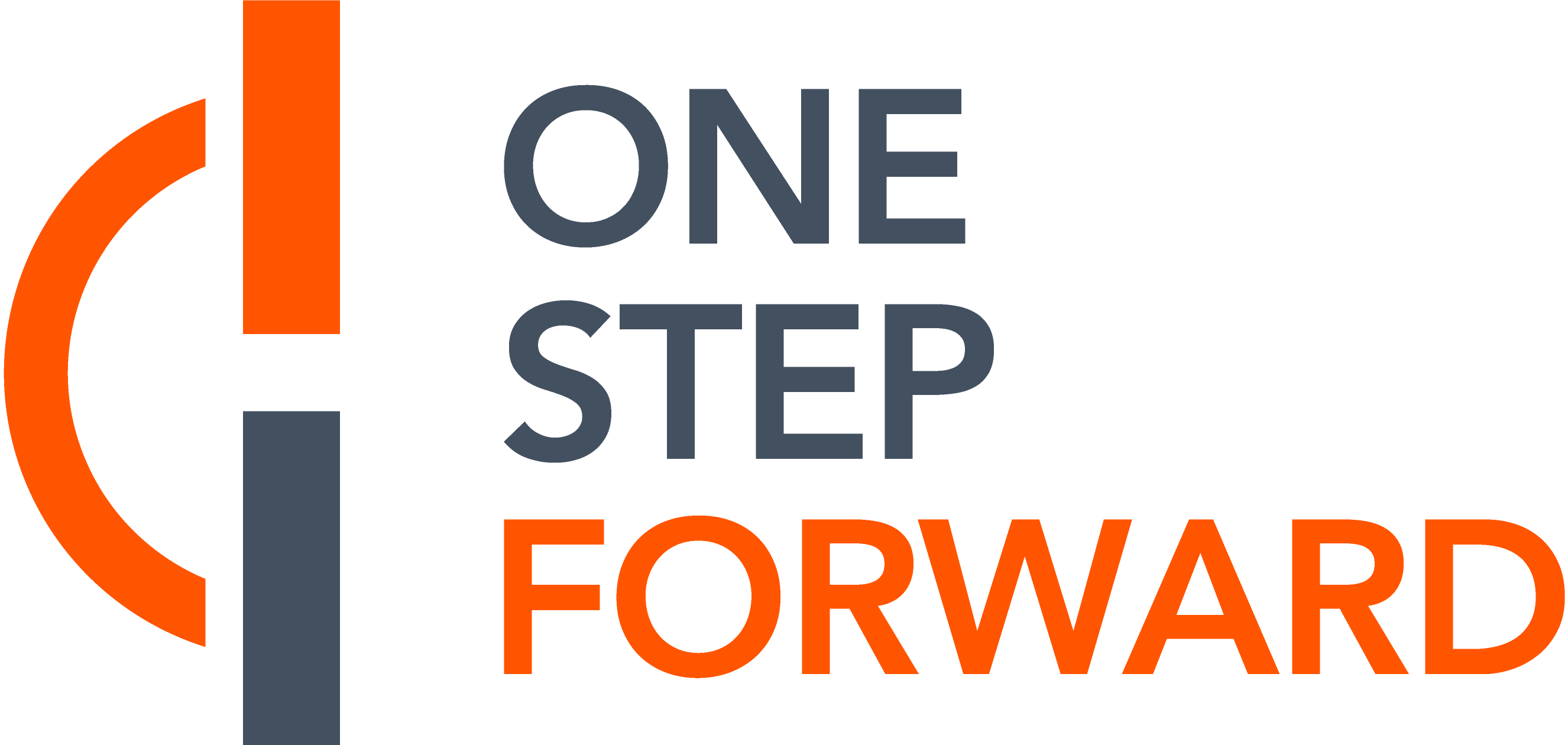Episode notes
Kathryn Nwajiaku-Dahou is Director of the Politics and Governance Programme at the Overseas Development Institute. Past work has included academic posts, several development NGOs, and the OECD’s Development Assistance Committee.
With this in mind, it’s interesting that the recurring theme of this conversation is a rather ambivalent relationship with the aid sector.
She’s worked with some of the marquee names in the sector, but specifically in roles that are critical or reformist in nature.
Equally in talking about her work she is conscious of the seriousness and the stakes of the overall development agenda — but also of the very real limitations on “development” as a business.
In sum this is a conversation about striking that balance — about finding a niche that is professionally honest, and moves things forward.
Topics discussed:
[02:40] Early days in the sector, in east and west Africa. Keeping one eye open as someone who development could be “done”.
[11:00] Lessons from working around the Rwandan genocide. Recognising the asymmetrical and sometimes gung-ho nature of the aid sector.
[16:55] Developing a baseline picture of reality as a reality check on the aid discourse. Advantages and disadvantages of academic work for the critical-minded.
[20:40] A difficult transition to the world of development policy. Perversities in recruitment. The promise of the New Deal for Fragile States, versus the realities of aid politics.
[31:40] The appeal of a management role in development policy, despite the challenges. Stepping up for what is missing in the sector.
[39:25] The UK’s drastic aid cuts. The proper place of aid in the broader development agenda — and what is most exciting right now.
